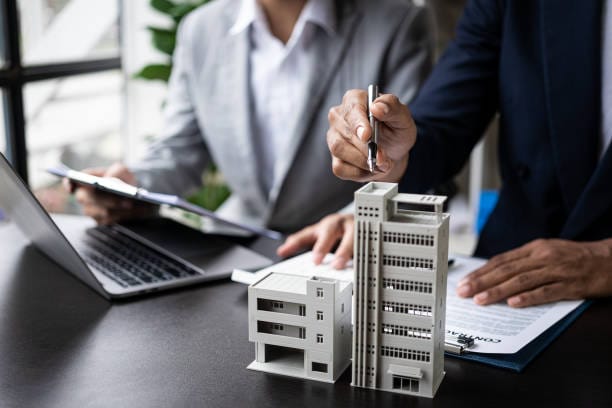Buying your first home is a milestone, often filled with excitement. However, certain mistakes can turn this experience into a real headache. Here are the most common mistakes to avoid to make your real estate purchase a success.
1. Not Setting a Realistic Budget
Many buyers begin house hunting without establishing a clear budget. This can lead to financial difficulties, as purchasing a home involves more than just monthly mortgage payments.
Tip: Consider all the costs associated with owning a property, such as property taxes, insurance, and maintenance fees. Use a mortgage calculator to assess your borrowing capacity and ensure you’re not committing beyond your means.
2. Ignoring Mortgage Pre-Approval
Without mortgage pre-approval, you risk wasting time on houses out of your budget or losing out to other buyers in a competitive market.
Tip: Before even visiting homes, consult a financial institution to get mortgage pre-approval. This will give you a clear idea of the loan amount the bank is willing to offer, allowing you to make offers with confidence.
3. Neglecting a Home Inspection
A home inspection is an investment that can prevent many unpleasant surprises. Without one, you may end up buying a home with hidden issues that require costly repairs.
Tip:Hire a qualified home inspector to evaluate the condition of the home before purchase. While this may incur an initial cost, it allows you to anticipate any major repairs and avoid unexpected expenses.
4. Underestimating Maintenance and Renovation Costs
Owning a home involves regular costs for maintenance and renovations. These expenses are often overlooked by first-time buyers, leading to financial difficulties in the long term.
Tip: Set aside a reserve fund for emergency repairs and maintenance. A good rule of thumb is to set aside about 1% of the home’s value each year for upkeep.
5. Not Assessing the Neighborhood
The location of the home is just as important as the house itself. Some buyers focus on the house and forget to analyze the neighborhood, which can impact both the quality of life and resale value.
Tip: Visit the neighborhood at different times of day, talk to neighbors, and research nearby amenities. A good neighborhood can increase your home’s value, while a poor location can limit your resale options.
6. Not Hiring Competent Professionals
Buying a home is a complex process, and it’s essential to surround yourself with the right professionals. Many buyers try to cut costs by skipping a real estate agent or notary, which can lead to costly mistakes.
Tip: A real estate agent knows the market and can guide you through offers and negotiations. A notary will handle the legal aspects of the transaction. These experts protect you and provide valuable advice throughout the process.
7. Letting Emotions Take Over
Buying a home is often an emotional decision, but letting emotions drive your choices can compromise the quality of your decision-making. It’s important to stay rational to avoid regrets.
Tip: Before you begin your search, set objective criteria for evaluating each property and stick to them. This will help you maintain a clear and realistic perspective.
Buying your first home is an enriching experience, but avoiding these mistakes can make all the difference. A solid budget, mortgage pre-approval, inspections, and professional advice are key to a successful investment. By making thoughtful decisions, you’ll ensure a smoother experience and the satisfaction of a well-made purchase.

